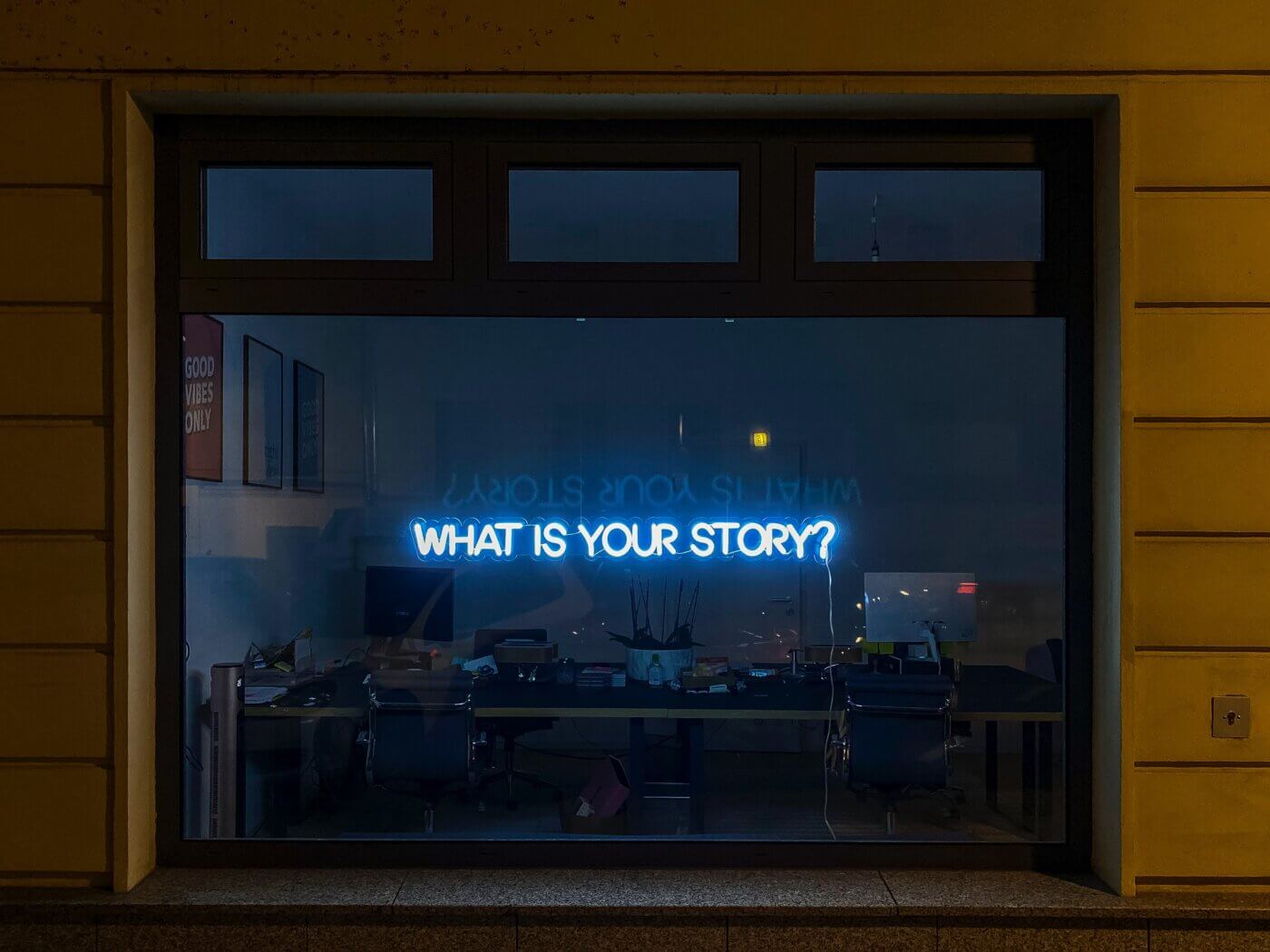Michael Lane in 5 Questions
 Have you met our Temple Teacher Michael Lane yet? Then it’s about time. Michael has been a part of some of the Transformational Retreats by The Temple of Babylon, eagerly sharing his love for storytelling. But how did this passionate affair with his craft develop, and what are the transformational stories he has experienced as a result of his practice? We fired 5 questions at him in order to get to know him better. Besides some surprising answers, he even shared some tips for
Have you met our Temple Teacher Michael Lane yet? Then it’s about time. Michael has been a part of some of the Transformational Retreats by The Temple of Babylon, eagerly sharing his love for storytelling. But how did this passionate affair with his craft develop, and what are the transformational stories he has experienced as a result of his practice? We fired 5 questions at him in order to get to know him better. Besides some surprising answers, he even shared some tips for young aspiring writers. Here is Michael Lane in 5 questions!
Question #1
Michael, you’re originally from England. We can see that from early on, writing has always been your interest. Where does this fascination for writing come from?
Like a lot of children, I consumed stories like a hungry animal. I was obsessed with authors like Terry Pratchett when I was too young to understand what they were teaching me: how much stories affect us, shape us and guide us. The first (not very good) science fiction novel I wrote in my 20s came as a simple distraction from a journalistic job that didn’t satisfy my need for escapism. That was when I started to go deep into the form, structure, how to build characters and play with conflict. By taking a story apart in the editing process, you can see what makes it work.
Question #2
You’ve been a journalist, writing screenplays for directors and also writing on a podcast series. What is it about this form of storytelling for transformative change that excites you to share it with others?
Writing – and storytelling in general – can feel a little abstract and inaccessible. But the core elements present in every good story are always very simple. They are just combined and explored in different ways to make us feel joy or sadness, tension or release, horror or hope. By applying these core elements to our own stories, we can do in the real world what any good fictional character should do: process the past, take action in the present and move forward to shape their future.
Question #3
You coach individuals and companies in various forms of storytelling. Please can you share more about your methods and how you’ve seen these impact your clients through your coaching?
I take it back to the basics of Character, Conflict and Change to understand how these elements relate to each client’s unique scenario. So – on a corporate level – it’s about thinking of the customer as the main character, with clear wants and needs that are in conflict with their current state. From there it’s a matter of defining how the client’s product or service is the hero of the story. Moreover, bringing about the kind of inspirational change that the character/customer needs.
On an individual level, it gets really interesting. By placing an individual client as a main character in their story, I guide them through identifying the internal or external conflicts they face. Then I continue with how they can focus on the change it has brought – or can bring – to move forward.

Question #4
Can you give some important recommendations for young aspiring writers? Where should they start and what is important to keep in mind?
First, there is no need to worry about being a “young” aspiring writer. Annie Proulx was 57 when she published her first novel. JRR Tolkien was 45. It is never too late to start. That brings us the second point, which is that you have to actually start. I know, it’s harder than it sounds. When you have half an hour free, open up a blank document (or your notebook), think about what you want to write, and start hitting the keys (or moving your pen) without thinking too much about it.
I have a battered post-it note on my screen that says “You have permission to write badly” which helps me every day to stop myself overthinking. So don’t think. Write until you run out of things to say. Some of it will be bad, sure, but some of it will be good, maybe even great. Take a mental note of what it is you like about what you just wrote, then do the same tomorrow. Congratulations, you are now a writer, figuring it out day by day like the rest of us.
Question #5
What are the transformational stories you have experienced as a result of your practice that you could share with us
Honestly, while client workshops are a great place to start, the transformations that stay with me the most are those of friends who I talk through the process, one-on-one, over hours or even days. I’m the one who people come to with problems and I love that I have been able to guide them out of conflict loops, towards realising how their experiences changed them for the better. That said, the most powerful change I’ve felt is in myself. By focusing on the question “what did I learn from this?” it has become second nature to accept, adapt and keep moving forward.
We hope you have enjoyed getting to know Michael Lane in 5 questions. If you would like to find out more, check out his Temple Teacher profile, or his personal perspectives on Medium.com. We can’t wait for him to host another storytelling class during one of our retreats, can you? Check out The Temple of Babylon to see when the next events will take place.




